Japan and Korea share deep cultural ties — and their languages have a mutual love for onomatopoeia.
Thanks to anime, language familiarity, and sound symbolism in both languages, Japanese onomatopoeia often feel familiar or pleasantly foreign to Korean fans.
How Korean Fans First Encounter Japanese Onomatopoeia
Language and culture videos
Korean YouTubers often compare Japanese and Korean onomatopoeia, showing how the sounds overlap or differ.
Anime (e.g., One Piece, Haikyuu, Your Name)
Anime is extremely popular in Korea, and many fans grow up watching Japanese shows with subtitles or dubs.
Manga (Japanese editions or Korean translations)
Japanese sound effects are often kept intact or transliterated, allowing Korean readers to learn them through context.
Cosplay and manhwa events
Korean fan artists and cosplayers love using Japanese sound effects in visual storytelling or decoration.
TikTok and short videos
Trendy TikToks and shorts sometimes feature sound effects like pyon pyon or baki! with stylized visuals or voiceovers.
Popular Japanese Sound Words in Korea
Kong Kong (こんこん)
Meaning: Knocking sound
Where it appears: Doors, comedic scenes
Koreans have a similar word “kkong kkong (꽁꽁)” for knocking, so kong kong feels familiar and fun.
Ddak Ddak (だっだっ)
Meaning: Light running or tapping
Where it appears: Action scenes, chibi runs
Korean has “ttak ttak (딱딱)” and similar sounds, so ddak ddak is easy to pick up and enjoy.
Kira Kira (キラキラ)
Meaning: Sparkling
Where it appears: Cute anime, fantasy
Sparkling sound words are beloved in both languages. Kira kira overlaps emotionally with Korean “bing bing” (빙빙).
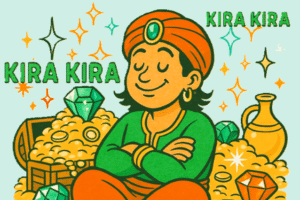
Baki! (バキッ)
Meaning: Impact
Where it appears: Shonen anime, comics
Loved across fandoms, baki! appears in both Korean manhwa and Japanese anime. Fans use it in both cultures.
Zawa Zawa (ざわざわ)
Meaning: Uneasy murmuring
Where it appears: Suspenseful or crowd scenes
Korean fans find this sound unique yet intuitive. It often appears in tense moments and works well in both serious and comedic contexts.
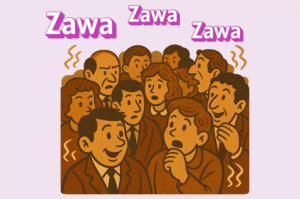
Why Korean Fans Love These Words
- Sound-rich Korean language makes onomatopoeia feel natural
- Fun to compare with Korean equivalents
- Anime context makes them more expressive and visual
- Works well in visual storytelling like comics and cosplay
Fun Fact
Some Korean manhwa artists intentionally mix Japanese sound words into their art styles to evoke a certain aesthetic or parody manga tropes.
The boundary between the two cultures is playfully fluid in fan art!

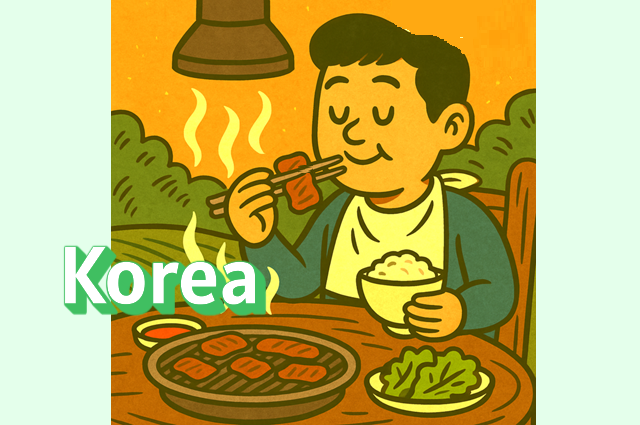
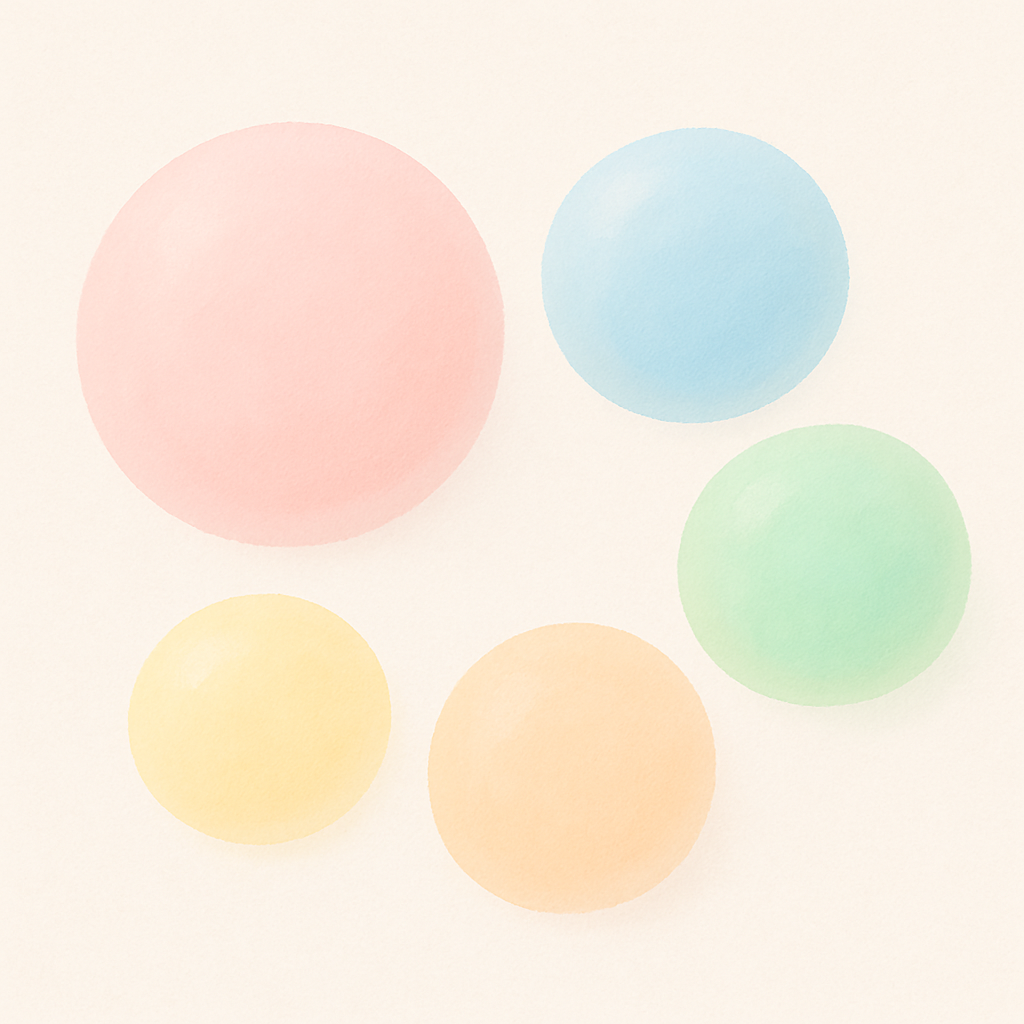

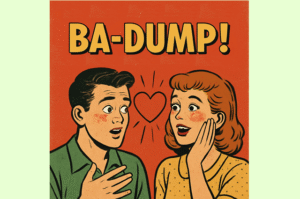
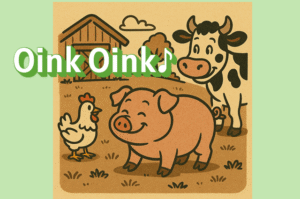
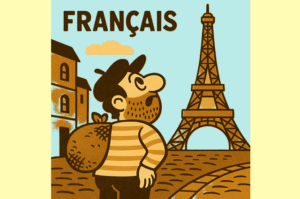
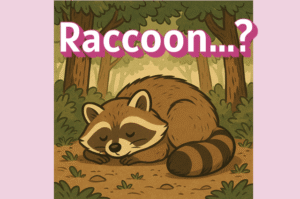


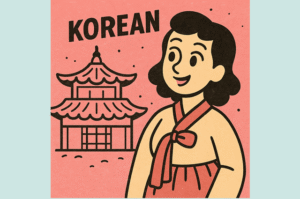
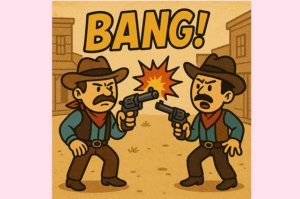
Comments